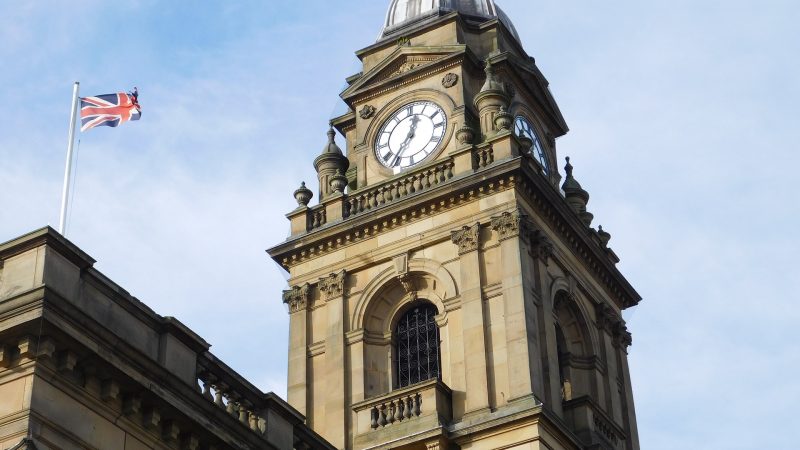
Labour must reinvent itself as a party of opposition. Foundations are already being laid nationally. In this, the polls only matter if they give the leadership the confidence to push on rather than freeze. The basis for future trust is being laid. But trust is increasingly a two-way street: it’s not just whether voters trust Labour, but whether the party trusts them. The big renewal of Labour is not via credibility, although that matters. It is whether Labour can pull itself back from being a party that predominantly does well-meaning change to people, to a party whose critical job is to help people and communities help themselves.
At Labour’s ‘Connected’ conference last month, Keir Starmer talked about “the sound of the future arriving” – well, this is it. In an increasingly bottom-up networked society, the job of Labour is to ensure that the growing power of citizens and civil society is accelerated and aggregated in a way that works for all people and the planet. Nationally, the party must show it gets this shift. Shadow Communities and Local Government Secretary Steve Reed gets it – and he did not learn it from a book or a seminar, but from practical on-the-ground experience of Labour in office.
Only the office was not national, but local. Reed led Lambeth and pioneered the co-operative council movement, which is all about the equalisation of power. It is locally, where the party is already in power, that matters just as much – if not more – than national advances. And across the country there is a story to tell of reforms in places such as Barnsley, Camden, Plymouth, Wigan, Preston, Manchester, Bristol and elsewhere. Across local government, in the face of real adversity, both political and financial, Labour councils are trying to create a better future for their residents. And the best are doing it with residents.
Here is a major case in point. Compass, the organisation of which I am director, has been charting the course of citizen power in Barking and Dagenham. It is an outer-London borough that lost its economic and social glue as the Ford plant dramatically wound down, austerity hit and the far right took root on the council. But Labour turned this around. First, by listening to communities and then by sharing power with them. The latest phase of which could lay the foundations for systemic power sharing, not just in this borough but as a model for local government across the country.
Even before Covid, the council was experimenting with the idea of ‘Citizens’ Alliance Network‘, or CAN. The lockdown accelerated its development. It is a platform where the council and civil society meet and action what residents want and need, offering an intermediary structure that allows the best of the state and civil society to combine in agile and appropriate ways. During lockdown, the council co-created with civil society a complex delivery and response system for food and medicine distribution. Through trust, participation and shared purpose, it did so in a way that any outsourcing company would have got nowhere near to in terms of its scale, speed and responsiveness – let alone cost. It operated through nine civil society partner organisations covering the whole borough and allowed vulnerable residents to get vital supplies and be effectively referred for more specialist help.
The beauty and potential of this CAN prototype model is that it has the council doing what it does best, providing resources and infrastructure, while civil society provides the trusted and connected relationships, feedback and energy of the community. And nobody needs government support or go-ahead to set up a CAN. Every Labour council can do it now.
This territory is not a free hit for Labour. The government recently commissioned Danny Kruger, the new Tory MP for Devizes, to come upon with a new civil society strategy, and his report has secured a lot of support in the civil society sector. The issue now is whether CAN can be sustained and developed, outside of a strict lockdown, and replicated across the country as one model for how Labour shares power, helps to deliver better services and develops the resourcefulness of the community.




More from LabourList
‘Labour’s quiet quest for democratic renewal’
‘Labour promised to make work pay. Now it must deliver for young people’
‘Council Tax shouldn’t punish those who have the least or those we owe the most’